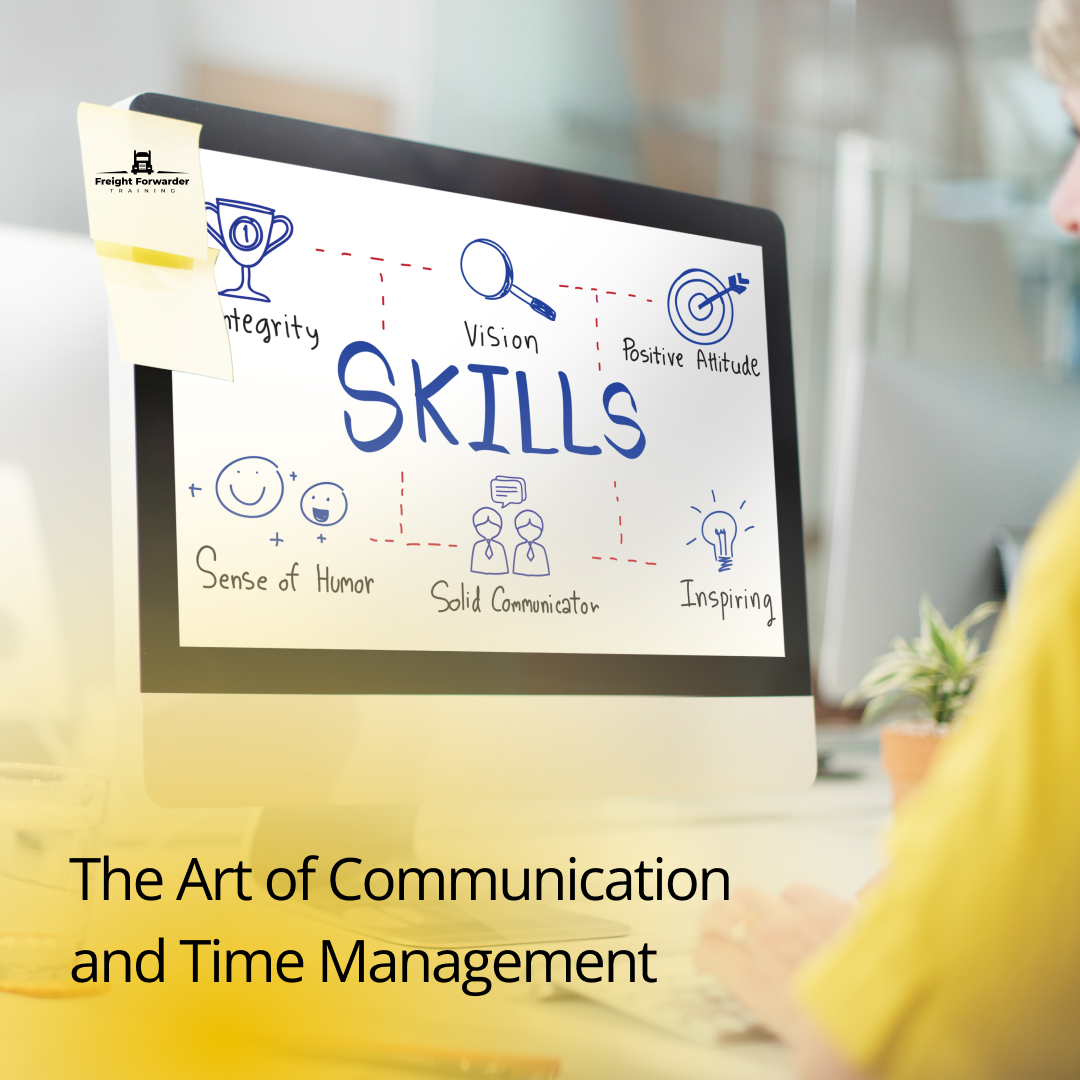In today’s fast-paced world, possessing technical expertise alone is not enough to thrive in any field. Soft skills, encompassing attributes…

Developing Soft Skills: The Art of Communication and Time Management
In today’s fast-paced world, possessing technical expertise alone is not enough to thrive in any field. Soft skills, encompassing attributes like effective communication and time management, play a pivotal role in personal and professional success. Developing these skills is an art that requires patience, practice, and self-awareness.
- Effective Communication:
Mastering the art of communication involves more than just speaking eloquently. It’s about active listening, empathy, and understanding the nuances of verbal and non-verbal cues. In professional settings, being able to convey ideas clearly and assertively fosters collaboration, resolves conflicts, and enhances teamwork. Through continuous practice, individuals can refine their communication skills, ensuring they convey their messages with impact and clarity.
- Empathy and Emotional Intelligence:
Empathy is the cornerstone of meaningful communication. It involves putting oneself in others’ shoes, understanding their emotions, and responding appropriately. Emotional intelligence, which includes self-awareness and social awareness, enables individuals to navigate social complexities and build healthier relationships. Cultivating empathy and emotional intelligence leads to stronger connections, increased trust, and smoother interpersonal interactions.
- Time Management:
Time management skills are crucial for personal and professional productivity. Effective time management allows individuals to prioritize tasks, set achievable goals, and maintain a healthy work-life balance. Techniques such as the Eisenhower matrix, Pomodoro method, and goal setting help individuals manage their time efficiently. By learning to prioritize tasks, avoid procrastination, and delegate when necessary, individuals can optimize their productivity and reduce stress.
- Adaptability and Flexibility:
The ability to adapt to new situations and remain flexible in the face of challenges is a valuable soft skill. In a rapidly changing world, those who can adjust their approaches and perspectives swiftly are better equipped to succeed. Developing adaptability involves embracing change, learning from failures, and staying open-minded. It enables individuals to thrive in diverse environments and handle unexpected situations with composure.
- Continuous Learning and Feedback:
Soft skills, like any other skill, require continuous learning and improvement. Seeking feedback from peers, mentors, or professional coaches can provide valuable insights into areas that need development. Engaging in workshops, seminars, or online courses focused on communication and time management enhances skills and keeps individuals updated with the latest trends and best practices.
In conclusion, mastering the art of effective communication and time management is essential for personal and professional growth. These skills not only enhance productivity and efficiency but also contribute to building strong relationships and fostering a positive work environment. By investing time and effort into developing these soft skills, individuals can unlock their full potential and thrive in any endeavor they pursue.
Our latest posts
Our latest posts

Developing Soft Skills: The Art of Communication and Time Management

Coping with Crisis Situations in Logistics: Practical Recommendations for Expeditor
In the dynamic world of logistics, crisis situations can emerge unexpectedly, posing significant challenges for expeditors. These scenarios, ranging from…

Success Stories: How Companies Achieve Logistics Optimization in the USA
In the fast-paced world of logistics and freight transportation in the United States, achieving optimization is the key to staying…















